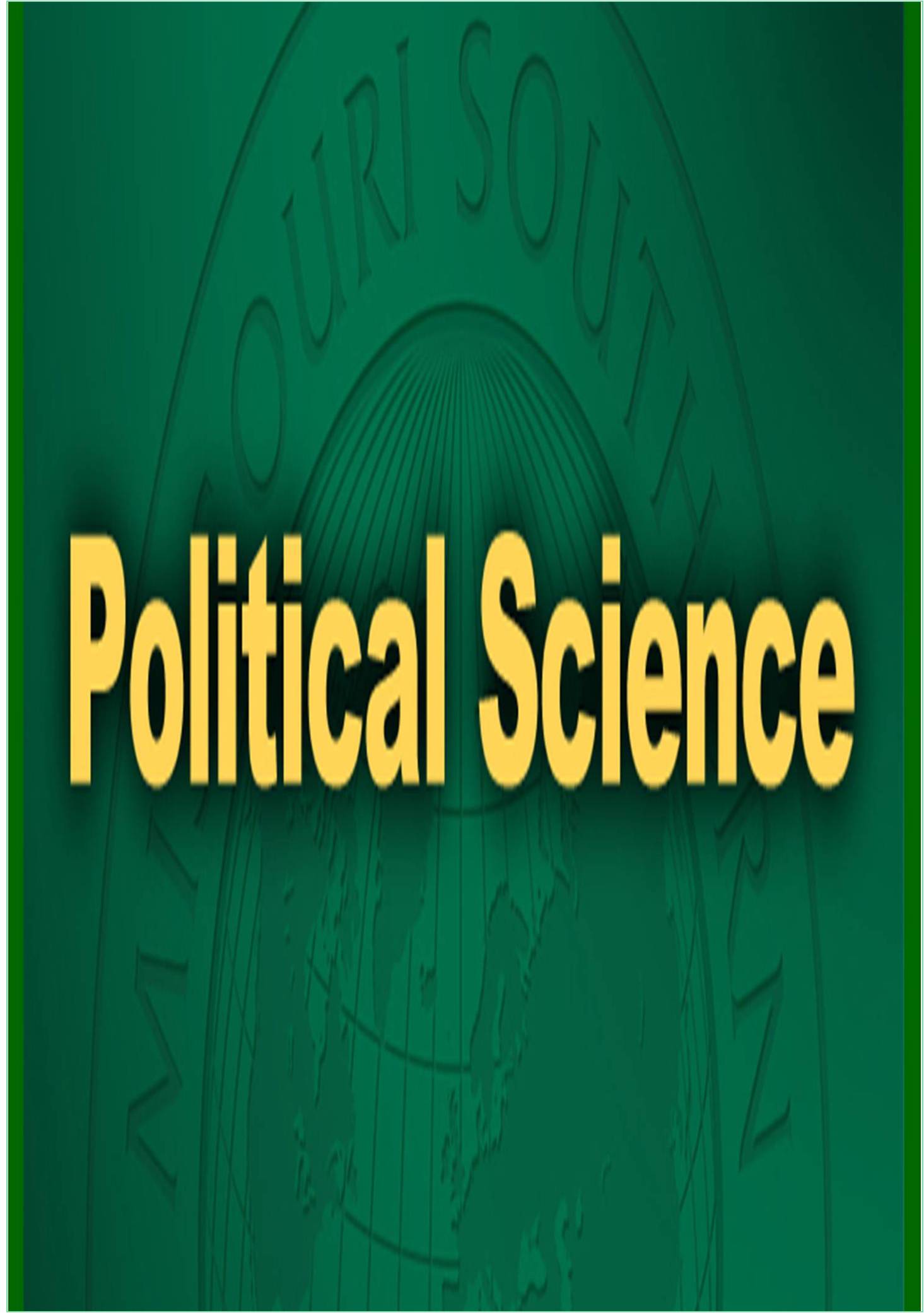



Published: 29-Apr-2021
Why are some people heavily involved in politics while others rarely or never participate? This is one of the most important and longstanding questions in political science, and scholars have provided a wide variety of answers. One line of research on the determinants of political participation has focused on the impact of political attitudes. In terms of attitudes, many scholars have focused on political efficacy, interest in politics, and political knowledge, and studies have repeatedly found that each of these attitudes is positively related to political participation In most analyses, attitudes are described as having a causal effect on participation, but in this paper we are interested in taking a closer look at the nature of the relationship.2 More specifically, we are interested in whether the relationship between attitudes and political participation is jointly determined by some additional variable or set of variables.
Existing research provides some interesting ideas about variables that might confound the relationship between attitudes and participation in politics. Psychological attributes are one possible source of confounding. Numerous studies have shown that personality traits are correlated with efficacy, interest, and knowledge and with political participation Moreover, previous research has also reported a strong link between cognitive ability, attitudes, and political participation (). It is also worth noting that genetic factors might play a role in the relationship between attitudes and participation. Numerous studies in political psychology have shown that efficacy, interest, and knowledge are all partially heritable ,find that “most of the covariation between efficacy and political participation is accounted for by a common underlying genetic component” (409). It is possible, then, that political attitudes are capturing genetic factors and/or psychological attributes that are correlated with both political attitudes and participation in politics. Political socialization is another potential confounder. Family experiences and attributes have been shown to influence one's attitudes towards politics (Jennings and Niemi, 1981; Jennings et al., 2009) and political participation (Plutzer, 2002; Kudrnáč and Lyons, 2017). Thus, political attitudes could be proxying for pre-adult experiences or traits. Fortunately, methods exist that allow us to get a sense of whether the relationship between attitudes and participation is confounded and, if so, to estimate the extent of confounding. By looking at the relationship between political attitudes and participation within monozygotic (MZ) twin pairs reared together, we are able to avoid potential confounders rooted in genetic factors and common environmental influences because such twins share both.
It is important to note that the question of whether the relationship between attitudes and participation is confounded has been examined before. Indeed, in their analysis of voter turnout in Britain, Denny and Doyle (2008) find that the relationship between one attitude—political interest—and turnout is confounded to some extent. Using a bivariate probit model, they show that those with high levels of cognitive ability and an aggressive personality are more likely to be interested in politics and to vote in elections. Thus, they note that “political interest and turnout are driven by common characteristics, both observable and unobservable, which generate a correlation between the two and this vitiates the common practice of modeling the latter as depending on the former” (309). Rodenburger (2020) also examines the relationship between political interest and turnout. Using bivariate probit regressions and data from a German sample, he finds that the effect of political interest on turnout is not causal but results from unobserved factors that drive both. It is worth pointing out that the results from Denny and Doyle (2008) and Rodenburger (2020) imply some confounding but their models do not provide a test of the key claim that there is no causal relationship between interest and turnout. Thus, we take their results as preliminary evidence that the relationship between interest and turnout is confounded by certain traits. It is important to note that our study differs from and extends previous work in a number of important ways. Above all, we use a more comprehensive approach (the discordant twin design) that can provide evidence of the amount of confounding, and we include a broader set of attitudes, outcomes and countries. This study makes an important contribution to the literature on political attitudes and political participation. A longstanding idea in the literature is that attitudes cause political participation, but most studies have not examined or accounted for the possibility of confounding. If the relationship between attitudes and participation is confounded, then many studies have misinterpreted the connection between attitudes and participation.
The rest of this paper unfolds in a straightforward manner. In the next section, we provide an overview of our approach. In brief, we use the discordant twin design, a technique that has been used heavily in the field of labor economics (see, e.g. Ashenfelter and Krueger 1994; Ashenfelter and Zimmerman 1997; Isacsson 1999) but has only recently started to get attention in political science as a way of assessing confounding. We are not aware of any previous studies that have used this design to study the relationship between political attitudes and participation. Next, we provide an overview of the datasets and measures we use to examine the relationship between political attitudes and participation. After a discussion of the results, we provide ideas for future research.